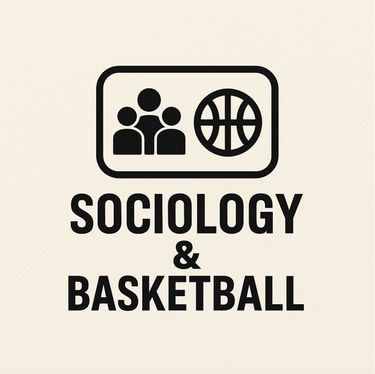Cultural Assimilation vs. Preservation
Jad A.
5/20/20252 min read
Cultural assimilation is the process of absorbing a host culture’s traditions, values, and behaviors. It can go as far as adopting their language, ways of dressing, and social norms. Integrating into a society that is not your ancestors’ native origin leads in many instances to, at best, the blending and mixing of two or more cultures and, at worst, to completely losing one’s own unique heritage and traits along the way. Preservation of one’s customs and practices, on the other hand, is a way of protecting one’s own cultural identity. Immigrants teaching their children their native language, educating them about their history and people, and making sure to celebrate their own religious and traditional festivals and occasions, are all attempts to maintain cultural preservation and ensure future generations are connected to their roots.
We should note that one way or the other is not purely constructive. We have to admit that the benefits of assimilation into the broader society that one lives in is a must. Prioritizing social unity and cohesion provides a better environment for all groups. In addition, it facilitates opportunities for minority groups to integrate into the workforce as well as social life. Benefits extend to members of the host society as well. Learning and accepting new cultures and norms, as well as enjoying the diversity in their surroundings, is what makes a community richer. It promotes respect and appreciation to diverse languages, traditions, and even physical appearances. That being said, not attempting to preserve one’s own identity could be detrimental, causing loss of heritage, feelings of alienation and not belonging, as well as facing challenges and strains with other members of your culture who don’t agree with your overly assimilating practices.
As in many debatable topics in life, attempting to strike a balance is the favorable approach, given that it is not always as smooth as we would like to believe. It is clearly essential to integrate into the culture of the society you live in. Resisting that could cause isolation and failures in one’s social, academic, and career pursuits. Just as significantly, being proud of your origins and heritage only adds to your value as a member of the society you live in. It is known that diversity and differences of backgrounds, viewpoints, and experiences enrich any encounter and augment any conversation. Expanding one’s knowledge while contributing their own results in great creativity adds to the richness and tolerability of a community. Being an active participant in achieving this atmosphere may mean sharing one’s own stories and traditions as well as making a point to celebrate and learn about someone else’s. Being unique, each in their own way, yet encouraging multiculturalism is the goal of any successful larger society.
